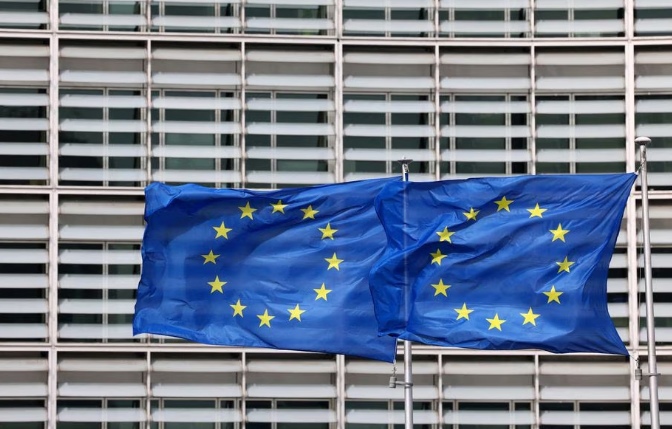This week, the European Union has announced a decision to extend sanctions for another six months on 1,800 Russian individuals and companies, but lifted sanctions on three wealthy Russians, according to The Spectator.
This lucky three included billionaire Farhad Akhmedov and businessmen Grigory Berezkin and Alexander Shulgin, who came under restrictions because of their ties to the Kremlin. (A fourth person, Colonel Georgy Shuvaev, was also removed from the list, but he is now deceased).
Parallel to this decision the recodification of member states’ rights was conducted, which means that cars, phones and even toiletries can be confiscated from individual Russian travellers upon entry to avoid “exports”. A storm of public uproar erupted followed the decision.
The European Union has not commented on this decision in any way. However, for example, Shulgin, former CEO of Ozon, has just won a case in the European Court of Justice, which found insufficient evidence that he remained an influential businessman after leaving the presidency.
However, the EU has not removed Arkady Volozh, founder of the technology conglomerate Yandex, from the list. Volozh left Russia, broke with his campaign, and publicly condemned the war, but despite this, he remains on the EU sanctions list.
Imprisoned opposition leader Alexei Navalny’s Anti-Corruption Foundation responded with incredulity. Maria Pevchikh, chair of its board, singled out Berezkin, saying on Twitter that he had been responsible for the muzzling of the media in Russia and was ‘making billions through energy companies in Russia’. She highlighted the allegations that Hungary had all but demanded – ‘blackmailed’, in Pevchikh’s words – that Berezkin was de-listed. After all, decisions must be unanimous, granting individual member states the opportunity to filibuster until they are bought off.
What is surprising, however, that while the three Russian businessmen can now breathe easy, many other Russians who are opposition to the war and the regime are beginning to worry.
The new rules, which are aimed at preventing “significant revenue generation for Russia,” can be interpreted in a variety of new and potentially petty ways. The first to be hit are cars with Russian licence plates. Arguments that they might have been intended to be sold to support the Russian government were already pretty untenable, but now that it’s Russians’ personal belongings, from mobile phones and laptops to toothpaste and suitcases, that seems even less plausible.
Considering that gold jewellery – which would surely be more suited to some covert income generation than half-used tubes of toothpaste – remains exempt, it is inevitable that Russians on both sides of the political divide are viewing this as spite. To be sure, these are essentially enabling rules, and it is up to individual member states if and how to apply them.
The further away, the greater the economic, social and political war between Russia and the Western world becomes. Both global economic ties and personal contacts between people are being severed.
Perhaps what is happening now on the world stage is inevitable, and maybe even necessary. The Western world lacks consistency in its actions. When oligarchs who criticise the war fall under sanctions and those who remain neutral do not, when those who flee the subpoena abroad can lose any property up to a mobile phone, just like those who protest against Russia, when Russian oil is banned on European markets but is openly imported after it is refined in India, a legitimate question arises: what exactly is the West’s strategy?
